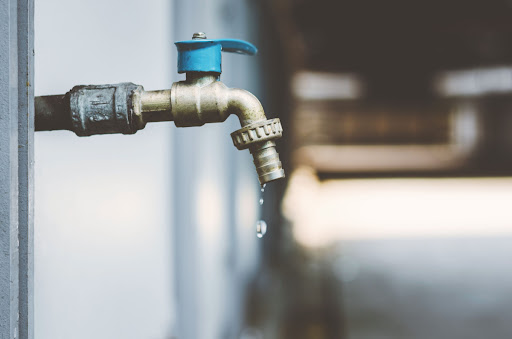Living in Texas, it’s no secret that we’re accustomed to warmer weather. However, that doesn’t mean that we don’t experience cold temperatures from time to time. In fact, the nights can get downright frigid during the winter months — which can put our plumbing at risk of freezing.
So, should you winterize your plumbing in Texas? When it comes down to it, the answer to this question is an absolute “yes.” This is especially true if you live in North Texas, where the weather can be unpredictable. Freezing temperatures can appear at any time during the winter, and it’s important to be prepared for them when they arrive.
Winterizing your house plumbing can prevent many inconvenient and frustrating problems, including frozen and burst pipes. As you are probably aware, burst pipes are a serious problem, as they can lead to costly repairs and extensive water damage.
Fortunately, there are steps you can take to prevent your pipes from freezing.
Properly Insulate Your Pipes
Since you should winterize your plumbing in Texas, you might be wondering what steps you can take to prevent your water pipes from freezing. You should start by inspecting your pipes for sufficient insulation.
The pipes that have the highest risk of freezing are those located in crawl spaces, basements, garages, and alongside exterior walls. Cold air can seep into your home through these walls, which may lead to frozen pipes. The good news is that you can typically purchase pipe insulation at your local home improvement store.
When winterizing your home, you should certainly make proper insulation a top priority. If you’re worried about cold air getting into your home, also consider sealing any cracks or leaks around your windows and doors. You can fix these problem areas with weather stripping or caulk.
Remove & Store Outdoor Hoses
When winterizing your house plumbing, don’t forget to look outside. You should disconnect, drain, and store your outdoor hoses. Removing your hoses can prevent water from freezing inside them.
First, turn off the water supply to the outdoor faucet. Once you’ve done this, simply remove the hose and place it in a safe, dry location. You’ll also want to consider protecting outdoor hoses with styrofoam covers or some similar form of insulation.
Flush Your Water Heater
Since we’re discussing steps to winterize your home, you might be surprised to see water heaters on this list. When it comes down to it, it’s important to ensure your water heater is working properly so that your family can receive hot water when they need it most.
If you have a traditional tank water heater, you should flush the tank regularly to prevent sediment buildup. When sediment collects at the bottom of the tank, this can negatively affect the water heater’s efficiency and lead to excessive wear and tear. As you can imagine, wear and tear can result in numerous problems, such as a malfunction or a complete breakdown.
When flushing the water heater, it’s critical to drain all the water from the tank. During this process, the water will flow out of the tank via a hose connected to the drain valve. The water should be directed toward a floor drain or bucket.
Since there are many steps to winterize your home, it’s understandable if you’d prefer to leave your Dallas water heater maintenance to a professional. Pure Plumbing offers maintenance services to ensure everything is working as smoothly as possible.
Drain Your Sprinkler System
If you have a sprinkler system, you should drain it to prevent the piping from freezing and bursting. You’ll want to start by shutting off the water to the system at the water valve. When draining the sprinkler system, you can use air compressors to blow any excess water out of the piping.
As you can see, winterizing your house plumbing involves looking inside and outside your home. Although you might be more concerned about a pipe bursting inside your kitchen or bathroom, you should also take precautions when it comes to an outdoor pipe freezing and bursting, as this can lead to high water bills — among other issues.
Let Your Faucets Trickle
If you’re still wondering how you should winterize your plumbing in Texas, there’s a simple and easy way to prevent a nasty pipe burst. All you have to do is let your faucets trickle. A steady, constant drip from your faucets can prevent freezing (and, of course, bursting). All-in-all, you only need to utilize this tip when outdoor temperatures dip below freezing.
Schedule Plumbing Services With the Experts in Dallas-Fort Worth, TX!
It’s no secret that you should winterize your plumbing in Texas, as the weather can be unpredictable and cold temperatures can arrive without warning. If you need help winterizing your house plumbing, turn to Pure Plumbing!
We offer various services to meet your needs, including water heater maintenance, leak detection, and drain and sewer repairs. Contact us today to schedule an appointment in Dallas, TX, or the surrounding areas!


